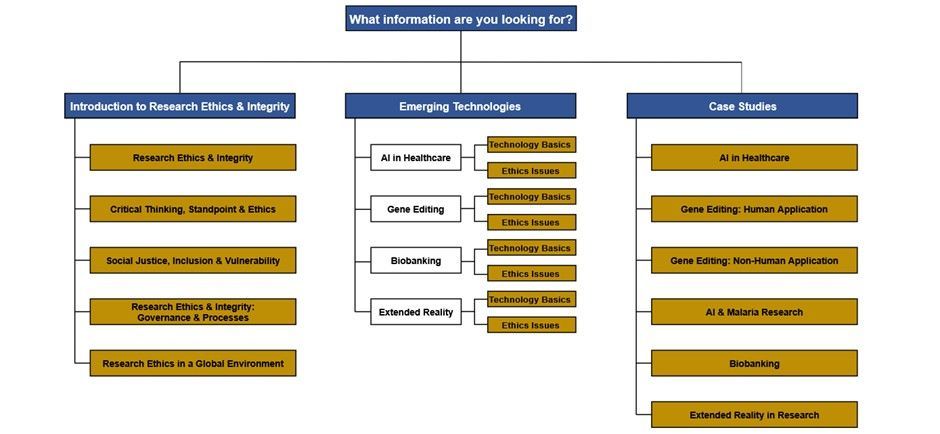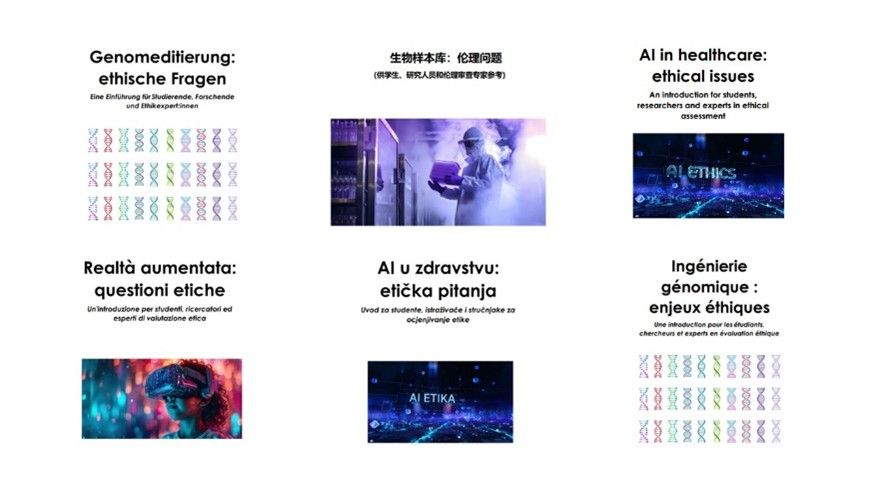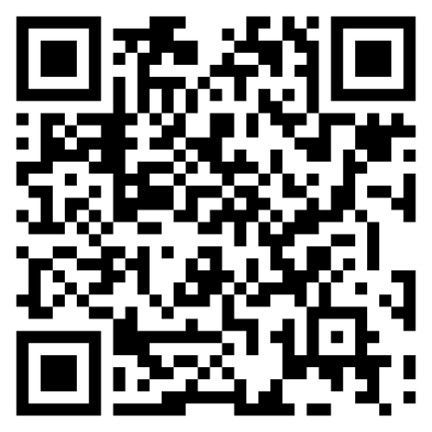BLOG
Introducing the irecs online learning resources
November 2025
We’re excited to share the open-access irecs learning materials - a comprehensive suite of research ethics and integrity modules designed to support students, researchers and research ethics reviewers. For those completely new to the field or those looking to deepen their understanding, these materials offer an accessible and flexible way to learn.
The collection of online modules includes:
- 5 foundational modules on research ethics and integrity
- 8 modules exploring four emerging technologies: AI in Healthcare, Biobanking, Gene Editing, and Extended Reality
- 6 case study modules that help to put learning into practice

Each technology is addressed via two dedicated modules:
- An introduction to the technology itself
- A focused look at the ethical issues that may arise from its use in research
The case study modules build on this by inviting learners to step into the role of an ethics reviewer. By assessing fictional proposals, users gain insight into real-world challenges and decision-making in research ethics review.
For research ethics reviewers there are also handy checklists for each of the technologies to help them identify potential ethics issues when reviewing technology research proposals.
Flexible, self-directed learning
The modules are designed primarily for online, self-paced study. There’s no fixed order - learners can jump straight to the topics that best suit their interests or professional needs. Educators can also easily adapt the materials for use in classrooms or online teaching.
Engaging and accessible content
To keep learning dynamic, each online module blends audio, video and text, supported by a wide range of interactive activities, including:
- Polls
- Sorting tasks
- Quizzes
- Prioritisation and reflection exercises
Most audio and video content come with transcripts, all videos include subtitles, and many text sections offer an audio version for enhanced accessibility.
Every module is also available as a downloadable PDF. The eight technology modules are additionally offered in Croatian, French, German, Greek, Italian, Mandarin, Portuguese, Russian and Spanish, supporting broader international access.

Materials are also available along with suggestions for adaptations for teachers on the Embassy of Good Science platform.
What early users are saying
Initial feedback has been very positive, highlighting the modules’ relevance, clear structure, and the engaging mix of learning activities. As these users commented:
I found the materials to be highly relevant to both students and researchers… The content is really clear, and I appreciated how well-organized everything is. The quizzes and reflection exercises were great for making the modules more interactive, which helps keep students engaged.
Dr. Reda Cimmperman, Ombudswoman for Academic Ethics and Procedures of the Republic of Lithuania
I found the modules very clear. There was a good balance between the text, the audio, video, and engaging activities (quiz). I think that the possibility to have the audio with the text depending on your individual preferred way of learning is a good thing.
Eléonore Gueye, European University Association (EUA)
Closing thoughts
This and other feedback received underscore the practical relevance and usability of the irecs modules. It also highlights what we hoped to achieve: accessible and engaging resources that help to ensure ethics is embedded at every stage in research.
The irecs materials are already helping to build confidence and capability in research ethics. We hope you’ll join this growing community of learners and make the modules part of your own professional development.
QR code to the online modules:

Authors: Hazel Partington and Kate Chatfield, University of Lancashire
